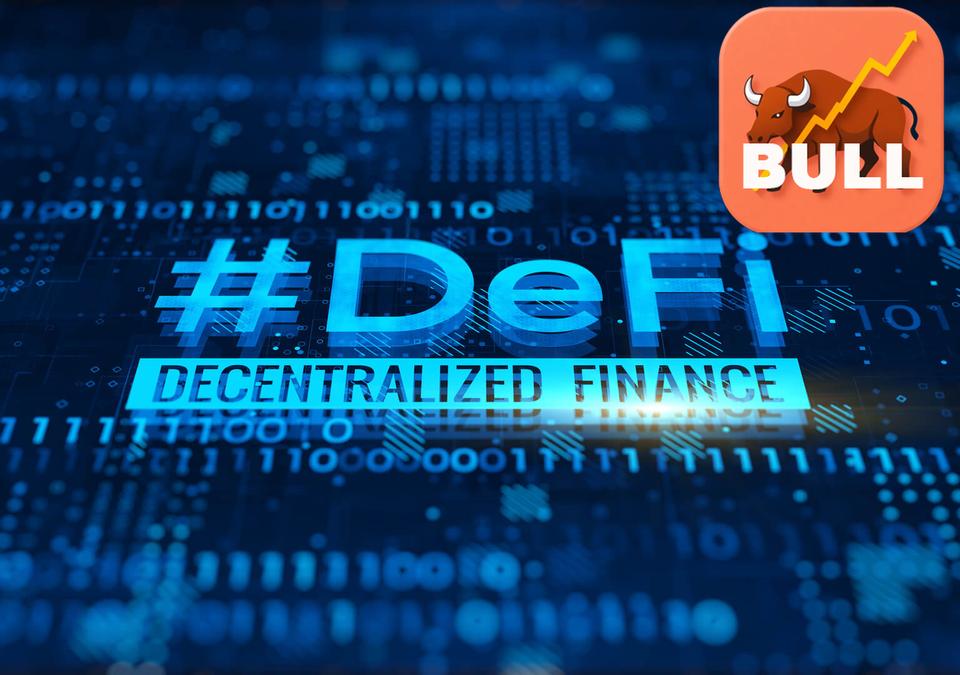Uncovering Secrets: Hookup Detectives
Explore the world of modern relationships and dating with insights from our hookup detectives.
Decentralized Player Protection: The Future of Fair Play
Discover how decentralized player protection is revolutionizing fair play. Unlock the future of gaming safety and equality today!
Understanding Decentralized Player Protection: Key Features and Benefits
Decentralized player protection is an innovative approach designed to enhance the safety and security of online gaming environments. By leveraging blockchain technology, this system ensures that players' data and assets are not only secure but also transparent. Key features of decentralized player protection include the use of smart contracts, which automatically execute transactions when specific conditions are met, thereby eliminating the need for intermediaries. This not only reduces operational costs but also minimizes the risk of fraud and manipulation.
The benefits of decentralized player protection extend beyond mere security. By empowering players with complete control over their data and assets, they can engage in a more trustworthy gaming environment. Furthermore, decentralized systems are typically resistant to censorship and provide players with greater anonymity. In summary, decentralized player protection not only safeguards players but also enhances their overall gaming experience, making it a vital aspect of modern online gaming platforms.

Counter-Strike is a popular first-person shooter game that pits teams against each other in various objectives, including bomb defusal and hostage rescue. Players often enhance their gaming experience through various promotions, such as using a stake promo code to access exclusive deals and rewards. The game's strategic depth and fast-paced action have contributed to its enduring popularity in the gaming community.
How Blockchain Technology is Transforming Fair Play in Gaming
The rise of blockchain technology is heralding a new era in the gaming industry, particularly in terms of ensuring fair play. By utilizing decentralized ledgers, game developers can create transparent systems where every transaction is recorded and immutable. This innovation tackles issues like cheating and fraud, which have plagued online gaming for years. For example, players can verify the legitimacy of in-game assets and their ownership through blockchain, fostering a level of trust that traditional gaming systems often lack.
Moreover, blockchain introduces innovative economic models within games, such as play-to-earn systems that reward players for their time and skill. This is a significant shift from traditional models where players often invest time and money without any tangible return. With blockchain, gamers can earn cryptocurrency or unique digital assets, which they can trade or sell. As blockchain technology continues to evolve, it promises to enhance player engagement and create a more equitable gaming environment where fair play is not just a concept, but a tangible reality.
What Are the Challenges and Solutions in Implementing Decentralized Player Protection?
Implementing decentralized player protection presents a myriad of challenges that organizations must navigate to ensure a secure and fair gaming environment. One major hurdle is the lack of standardization across platforms, which can lead to inconsistencies in how player data is managed and protected. Without a unified set of rules, game developers and operators might unintentionally expose players to risks. Additionally, the technology itself can be complex, as decentralization involves the use of blockchain and smart contracts, which require specialized knowledge and can be costly to implement.
Despite these challenges, there are viable solutions that can help streamline the process. First, fostering collaboration among industry players is crucial; by creating universal guidelines and best practices, stakeholders can work together to harmonize their approaches to decentralized protection. Secondly, investing in education and resources focused on blockchain technology can equip developers with the necessary skills to navigate this evolving landscape effectively. Finally, leveraging technological innovations, such as AI and machine learning, can enhance security measures, enabling platforms to proactively detect and respond to potential threats.